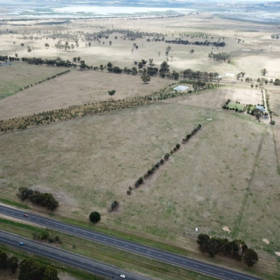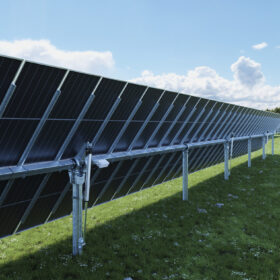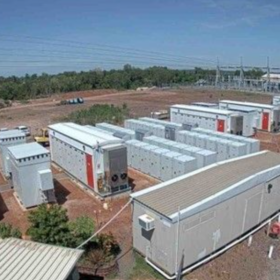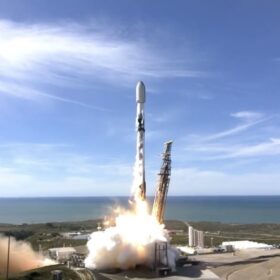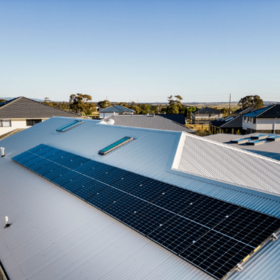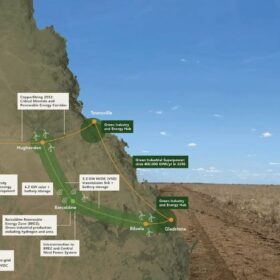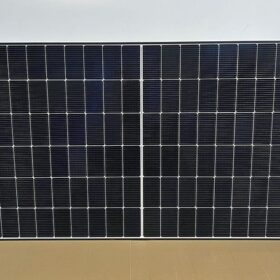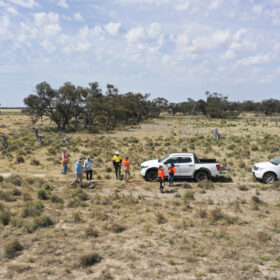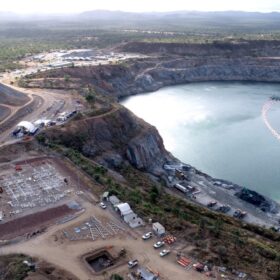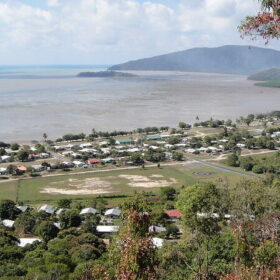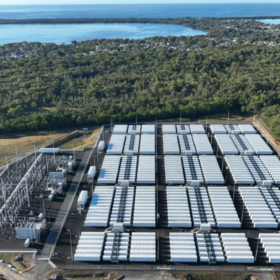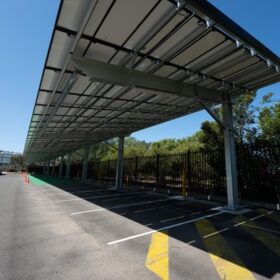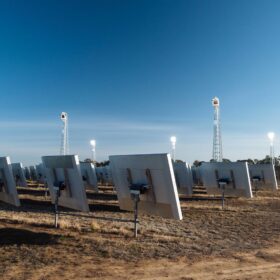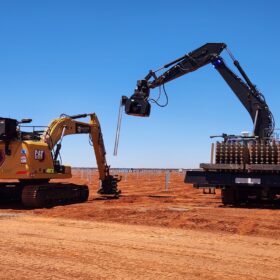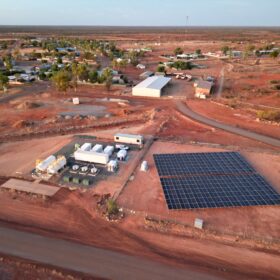European Energy achieves financial close on Victorian solar farm
Danish renewables developer European Energy has started construction of what it expects will be its first operating solar farm in Australia where it is progressing the development of an 8 GW pipeline of renewable energy projects.
Smart Energy Expo: Trina spotlights system supply
Trina highlights value of single supplier in community solar, agrivoltaic applications along with PV power plant revamping.
NT plans second big battery for Darwin-Katherine electricity system
The Northern Territory government has announced plans to deploy a second large-scale battery energy storage system to allow more renewable power into the Darwin-Katherine electricity system and boost the reliability of the grid.
CSIRO takes solar cell research into space
Printed flexible solar cell technology developed by Australia’s national science agency has been successfully launched into space as part of billionaire Elon Musk’s Space X’s Transporter-10 mission.
Fixing National Electricity Market for renewable energy future
Rooftop solar is Australia’s cheapest source of electricity. The consumer can get electricity from rooftop solar at less than a fifth of the average cost per kWh of buying it from a retailer.
RAPAD search for landholders to play part in 4.2 GW clean energy corridor
The developers of a proposed a “clean energy corridor” in Queensland’s central west that promises 4.2 GW of solar, grid-scale battery storage and a high-voltage transmission line are calling on landholders in the region to now register their interest in hosting renewable energy projects.
Leapton unveils 585 W TOPCon solar panel with fiberglass frame
Leapton says its new panels have a temperature coefficient of -0.30% per C and an efficiency of up to 22.65%. They come with a 30-year power output guarantee for 87.4% of the initial yield.
AGL throws weight behind 2 GW NSW energy park
Energy generating and retailing giant AGL has teamed with Australian renewable energy company Someva Renewables to develop a hybrid wind, solar and battery storage facility that could deliver more than 1.5 GW of renewable energy generation capacity to the National Electricity Market.
Japan’s J-Power launches new Genex takeover bid
After receiving an initial takeover bid last month, Australian renewable power generation and energy storage developer Genex Power has received a revised acquisition offer from Japanese energy company and anchor investor J-Power.
Remote community microgrids reach design and build stage
The Queensland government has announced plans to deliver the key infrastructure and support microgrid feasibility studies in five remote townships as it seeks to promote energy sovereignty for communities on the edge of the electricity grid.
